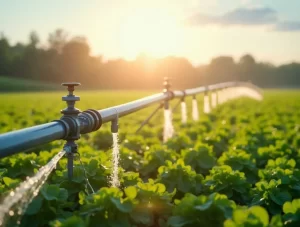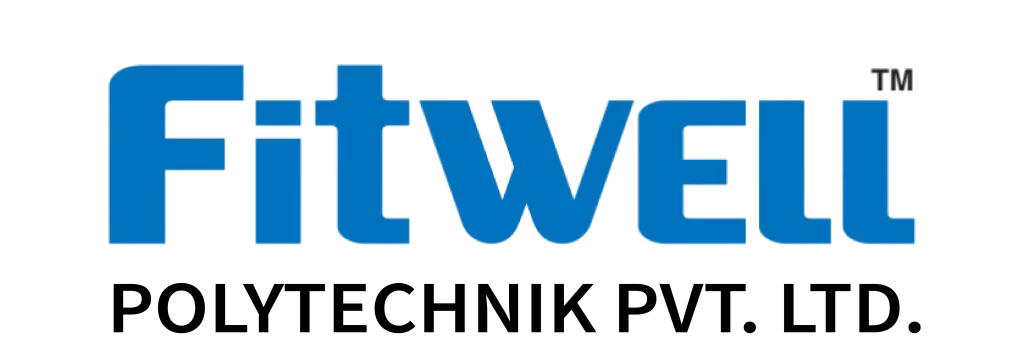SWR Drainage Systems - Installation, Benefits, Applications, and Maintenance Guide
What Are SWR Drainage Systems?
SWR (Soil, Waste, and Rainwater) drainage systems are specialized networks designed to manage soil waste, wastewater, and rainwater efficiently. They are commonly used in residential, commercial, and industrial applications to provide a leak-proof and long-lasting drainage solution.
Key Features of SWR Drainage Systems
Durability and Strength: Made from high-quality uPVC material, SWR pipes are resistant to corrosion, rust, and chemicals.
Leak-Proof Design: Equipped with rubber ring gaskets, these systems ensure secure, tight, and leak-proof joints.
Easy Installation: The lightweight nature of uPVC pipes makes them easy to handle and install without requiring heavy tools.
Versatile Applications: Suitable for soil waste discharge, rainwater drainage, and vent piping systems.
Low Maintenance: Long service life with minimal need for repairs or replacements
How Do SWR Drainage Systems Work?
SWR systems consist of interconnected pipes and fittings designed to collect and direct wastewater and rainwater to appropriate outlets, such as sewer lines or storage tanks
Key Components of SWR Systems
Pipes: Available in various sizes and configurations, such as plain and socketed pipes, to suit different needs.
Fittings: Include elbows, tees, reducers, and junctions to provide flexibility in installation.
Gaskets and Seals: Ensure water-tight connections and prevent leaks, even under pressure.
Vent Pipes: Allow gases to escape, maintaining proper pressure inside the system.
Benefits of SWR Systems
Efficiency: Ensures smooth water flow and prevents blockages.
Longevity: Resistant to environmental factors, providing a lifespan of over 50 years.
Eco-Friendly: Non-toxic material that is safe for the environment.
Cost-Effective: Affordable installation and maintenance reduce long-term costs
What Are the Applications of SWR Drainage Systems?
SWR systems are highly versatile and suitable for both indoor and outdoor drainage applications
Residential and Commercial Applications
Wastewater Management: Handles discharge from kitchens, bathrooms, and laundry rooms.
Rainwater Management: Directs rainwater away from rooftops and foundations to prevent flooding.
Ventilation Systems: Releases gases, ensuring proper air circulation in drainage lines.
Industrial and Agricultural Applications
Factories and Workshops: Facilitates drainage of industrial wastewater.
Irrigation and Farming: Manages excess water runoff from fields and greenhouses.
How to Install SWR Drainage Systems?
Proper installation is critical to the performance and longevity of SWR systems. Here’s a step-by-step process:
Step 1: Planning and Measurement
Map out the layout, considering slopes for gravity-based drainage.
Measure and cut pipes to required lengths.
Step 2: Preparing Joints
Smoothen edges of cut pipes to prevent damage to gaskets.
Apply lubricant to rubber seals for easy assembly.
Step 3: Connecting Pipes and Fittings
Insert pipes into fittings, ensuring they are securely sealed.
Use solvent cement for extra reinforcement where needed.
Step 4: Testing and Inspection
Run water through the system to check for leaks or blockages.
Make adjustments or replacements if necessary.
What Is the Difference Between SWR and PVC Drainage Systems?
While both systems use uPVC material, they differ in applications and design features.
Material Composition
SWR Pipes: Designed for drainage purposes with rubber gaskets for leak-proof joints.
PVC Pipes: Suitable for water supply systems and irrigation lines.
Applications
SWR Systems: Ideal for wastewater and rainwater drainage.
PVC Systems: Best for potable water supply and agricultural purposes.
Maintenance Tips for SWR Drainage Systems
Regular maintenance helps extend the life of SWR drainage systems. Follow these tips:
Cleaning and Inspection
Clean pipes regularly to remove dirt, leaves, and debris.
Inspect seals and joints for cracks or signs of wear.
Repair and Replacement
Replace damaged or loose gaskets immediately.
Use solvent cement for fixing minor leaks.
Common Problems and Troubleshooting in SWR Systems
Leakages
Check for improperly fitted joints and reposition them.
Replace worn-out seals or add lubricant to tighten connections.
Blockages
Use pressure washers or drain snakes to clear obstructions.
Install filters to prevent debris entry into pipes.
Odor Issues
Ensure vent pipes are clear and not obstructed.
Clean traps regularly to prevent odor buildup.
Manufacturing Process of CPVC Piping Systems
Manufacturing Process of CPVC Piping Systems
Conclusion
SWR drainage systems are an excellent choice for managing wastewater and rainwater due to their durability, leak-proof design, and ease of installation. Whether for residential, commercial, or industrial use, these systems provide reliable and eco-friendly drainage solutions. By following proper installation and maintenance techniques, you can enjoy long-lasting performance and minimal disruptions.
Frequently asked questions
Here are answers to some frequently asked questions about Fitwell's plumbing services.
SWR pipes are designed for drainage and are not suitable for high-pressure water systems. For high-pressure needs, use HDPE or CPVC pipes.
Yes, SWR pipes are made of non-toxic, recyclable uPVC material, making them environmentally safe.
Absolutely. SWR pipes are ideal for underground drainage systems due to their durability and leak-proof design.
No, they are low-maintenance systems, but periodic cleaning and inspection are recommended.
With proper installation and maintenance, SWR pipes can last over 50 years.
Stay on the forefront of industry trends by checking out our latest content
Stay ahead with our latest content, designed to keep you informed on the newest industry trends and insights. Discover valuable updates that help you lead in your field.

Trusted uPVC Pipes Manufacturers for India’s Top Contractors
Introduction: The Surge in Demand for uPVC Pipes Among Top Contractors in India The construction and infrastructure sectors in India have witnessed a significant transition toward sustainable and long-lasting materials.

Top Innovations in Agricultural Pipe Fittings for Water Savings [2025]
Introduction to Agricultural Pipe Fittings and Water Sustainability Agricultural pipe fittings play a pivotal role in building efficient irrigation systems, crucial for modern farming practices. By exploring the versatility of

Expeart Tips from MDPE Pipe Fittings Manufacturers to Avoid Failures
Expeart Tips from MDPE Pipe Fittings Manufacturers to Avoid Failures Understanding MDPE Pipe Fittings: An Overview MDPE (Medium Density Polyethylene) fittings, used extensively in gas and water systems, offer strong,
Request a Free Consultation
Get personalized plumbing solutions with a free consultation from Fitwell.

